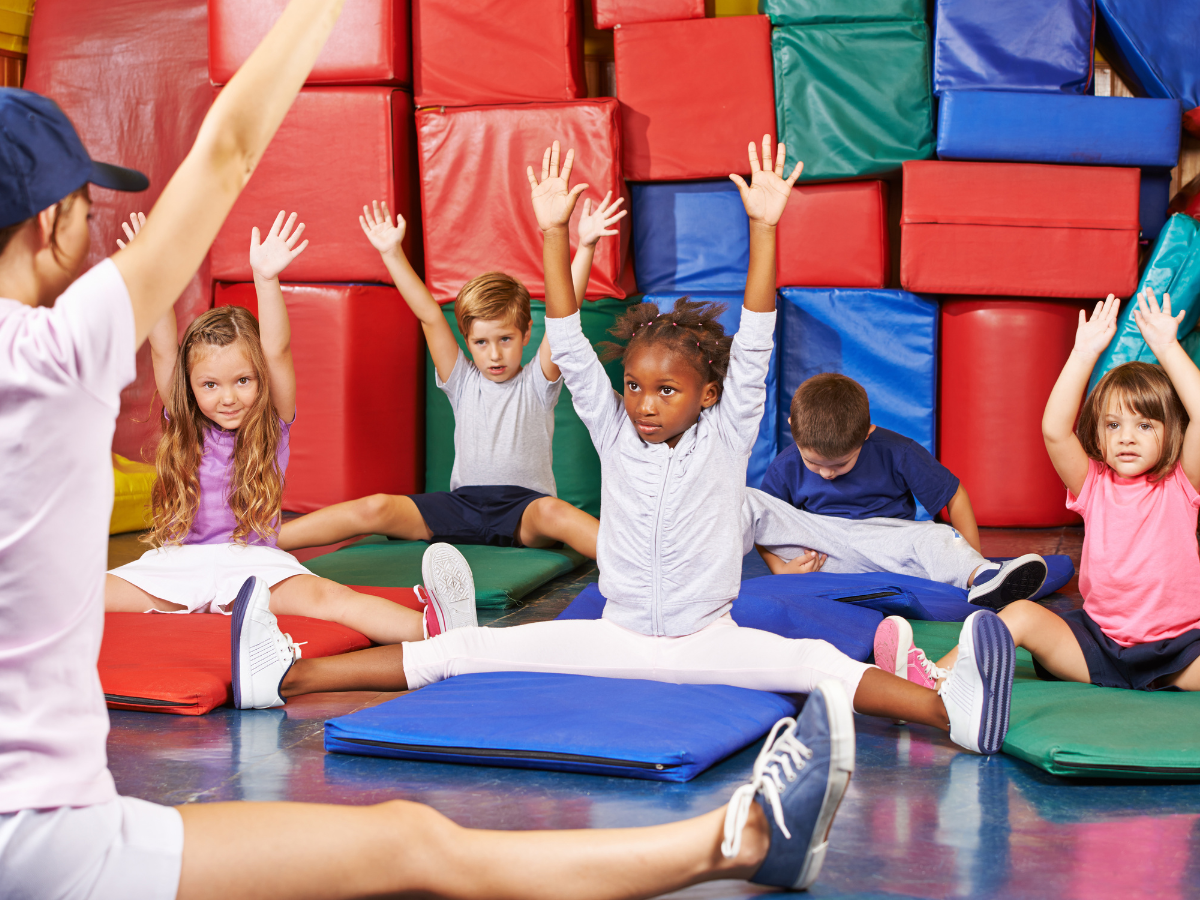Moisture in your swim school is something you don’t want to mess up. It’s expensive to purchase equipment upfront, but it’s necessary. Trying to fix a moisture problem is a lot more expensive than the maintenance for the inside air.
The relative humidity inside the pool is a term to really understand. Relative humidity is the ratio of the current absolute humidity to the highest possible absolute humidity (which depends on the current air temperature). A reading of 100 percent relative humidity means that the air is totally saturated with water vapor and cannot hold any more. The higher the relative humidity, the less drying takes place. This affects the human body’s perception of heat. When you’re in the pool, you don’t want to feel like it’s freezing when you get out. This will quickly make customers less interested in swimming if they know they will be cold when they get out.
Humans are very sensitive to humidity, as the skin relies on the air to get rid of moisture. The process of sweating is your body’s attempt to keep cool and maintain its current temperature. If the air is at 100-percent relative humidity, sweat will not evaporate into the air. As a result, we feel much hotter than the actual temperature when the relative humidity is high. If the relative humidity is low, we can feel much cooler than the actual temperature because our sweat evaporates easily, cooling us off.
Dave Tonnesen, SwimKids owner, shoots for 55% relative humidity inside his pools. They have an HVAC unit for the office and viewing space and a separate unit for the pool areas. This controls the humidity and have been worth the investment. In order to keep moisture away, you want the air temperature above the water temperature so you don’t create moisture. This will also create more comfort for swimmers and coaches. You can have water that’s 86 degrees and air that’s 87-88 and it’s going to feel warm. If you have 88 degree water and air is 86 degrees, they’re going to think it’s cold.
A lot of this is unique to your school and the location. Each swim school is different, but if you can keep the air temperature above the water temperature, this will help tremendously. On the East Coast, the humidity is a lot higher than other places in the US. Keep that in mind when you’re thinking about the moisture in your swim school.
Because every swim school is so different, it’s important to understand this as an owner or staff member. HVAC folks understand how the unit works, but aren’t always experts on your city’s weather patterns. Document everything just like you do with pool records so you can be prepared for the hot summer or the cold winter. Your HVAC unit will be working harder at some parts of the year so think about those and have an idea of your city’s weather. HVAC units typically come with a 1 year warranty. Sometimes you don’t know you have a problem until 9 months in because you’re going through the seasons. Different temperatures will stress the system and require maintenance. This is another reason to be very involved with the service folks to know what kind of maintenance cost the HVAC unit will really have.






